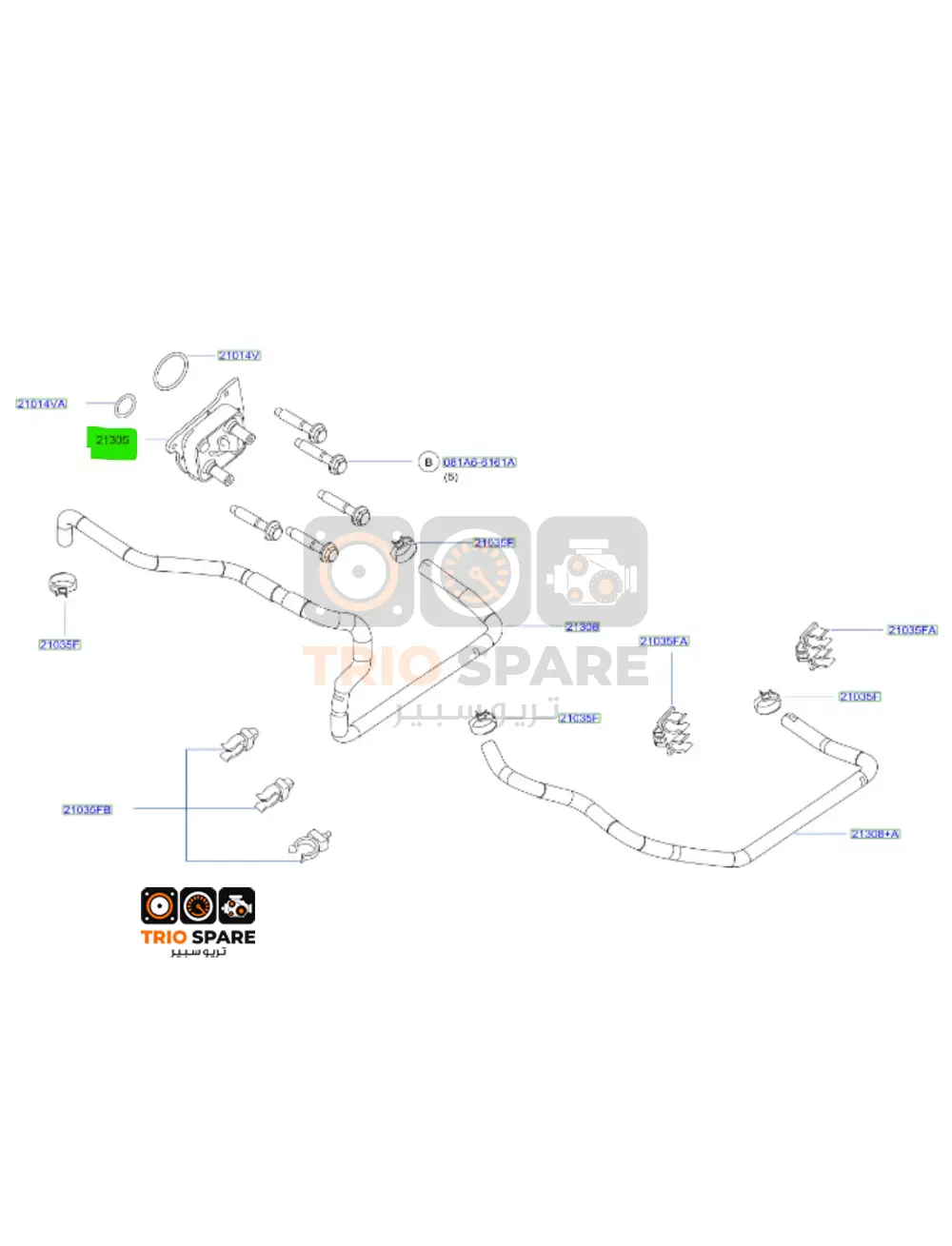Just how far can you really push the limits of your Nissan Altima's oil change schedule without inviting mechanical mayhem? The answer, surprisingly, isn't as simple as a one-size-fits-all mileage figure; it's a complex interplay of factors that every Altima owner needs to understand to safeguard their investment.
The lifeblood of any engine, motor oil is far more than just a lubricant. It's a crucial component in keeping an engine running smoothly, protecting critical components from wear and tear, and ensuring the longevity of the vehicle. This is particularly pertinent to the Nissan Altima, a vehicle known for its reliability but still susceptible to the damaging effects of neglected maintenance. The question of how long an Altima can go without an oil change is, therefore, a critical one for owners to address.
One of the common pieces of advice is to stick to the manufacturer's recommendations, and for good reason. These guidelines are the result of extensive testing and take into account the engine's specific design and the types of materials used in its construction. For most modern Nissan Altimas, the recommended interval for an oil change is between 7,500 and 10,000 miles, especially when using synthetic oil. However, this is not a hard and fast rule, and several variables can affect this interval.
The type of oil is a major consideration. Conventional oil, the more traditional and less expensive option, typically needs to be changed more frequently—usually every 3,000 to 5,000 miles. Synthetic oil, on the other hand, is engineered to withstand higher temperatures and provide superior protection, allowing for longer intervals between changes. The choice between synthetic and conventional oil often depends on the driver's budget and driving habits. In most cases, synthetic oil is the better long-term investment, as it offers superior engine protection and can potentially extend the life of the engine.
Driving conditions also play a pivotal role. Frequent stop-and-go traffic, extreme temperatures (both hot and cold), and driving in dusty or polluted environments all place extra stress on the engine and can necessitate more frequent oil changes. Short trips, where the engine doesn't have a chance to fully warm up, can also lead to increased oil contamination and the need for more frequent service. If your driving habits align with these conditions, you may want to consider shortening your oil change interval, even if using synthetic oil.
The year of the Altima also plays a significant role in determining the appropriate oil change interval. Older models may require more frequent oil changes compared to newer models, as engine technology and oil formulations have improved significantly over the years. As a general guideline, owners of older Altimas might consider changing their oil every 3,000 to 5,000 miles, while those with newer models can often safely adhere to the 7,500- to 10,000-mile interval.
Ignoring oil change intervals can lead to serious consequences. The primary function of motor oil is to lubricate the engine's moving parts, reducing friction and preventing wear. Over time, oil breaks down and loses its ability to perform this critical function. This can lead to increased friction, higher engine temperatures, and accelerated wear on engine components. Sludge can build up, clogging oil passages and restricting the flow of oil, further exacerbating the problem. Eventually, this can lead to engine failure, a costly repair that can often be avoided with regular maintenance.
There have been accounts of drivers pushing the limits of their oil change schedules, sometimes with disastrous results. One particularly striking example involved a Nissan driver who went a staggering 23,000 miles without an oil change. While the car may have continued to function for a while, the long-term damage to the engine was likely significant, highlighting the importance of adhering to recommended intervals.
The Nissan Altima, like any vehicle, can benefit from regular oil changes. Experts generally advise that owners should consult their owner's manual and consider the type of oil used, driving conditions, and model year when deciding on the appropriate interval. Synthetic oil often allows for longer intervals, while conventional oil requires more frequent changes. Regardless of the type of oil used, it is important to adhere to a schedule that is appropriate for the specific circumstances of the vehicle. This commitment will go a long way towards extending the life of the Altima and minimizing the risk of expensive repairs.
The experience of a 2022 Nissan Altima owner who had their oil changed at 3,100 miles and then again at 5,800 miles illustrates the value of a consistent maintenance schedule, even when driving less frequently. This demonstrates the importance of time intervals and the effect of vehicle usage on necessary service.
Furthermore, the climate in which the car is driven can also impact the frequency of oil changes. For instance, those residing in warmer climates, like Florida, might consider a more frequent oil change, such as every 30,000 miles when changing transmission fluid. Heat can break down oil more quickly, so it's important to adjust the schedule accordingly.
To ensure your Nissan Altima remains in peak operating condition, consider the following recommendations based on Kelley Blue Book's advice:
Routine Maintenance Suggestions:
- Oil Change: Follow the manufacturer's recommended intervals (typically between 7,500 and 10,000 miles for synthetic oil).
- Spark Plug Replacement: Replace spark plugs at the intervals recommended by the manufacturer.
- Wheel Alignment: Schedule wheel alignment checks periodically to maintain proper handling and tire wear.
By consistently monitoring your Altima's needs and adhering to these maintenance recommendations, you will not only protect your investment but also ensure a safe and enjoyable driving experience for years to come.
Ultimately, the key to determining how long your Nissan Altima can go without an oil change is to be proactive, informed, and vigilant. Pay attention to your driving habits, the type of oil you use, and the manufacturer's recommendations. When in doubt, it's always best to err on the side of caution. Regular oil changes are a small price to pay for protecting the heart of your car and keeping it running smoothly for many miles to come.
Remember, the goal isn't just to avoid engine failure; it's to maximize the lifespan and performance of your Altima. With the right approach to oil changes, you can confidently navigate the roads knowing that your car is well-protected and ready for whatever the journey may bring.
| Feature | Details |
|---|---|
| Model | Nissan Altima |
| Recommended Oil Change Interval (Synthetic Oil) | 7,500 to 10,000 miles |
| Recommended Oil Change Interval (Conventional Oil) | 3,000 to 5,000 miles |
| Factors Affecting Interval | Driving conditions, climate, year of vehicle, and type of oil. |
| Potential Consequences of Neglecting Oil Changes | Engine wear, sludge buildup, reduced lubrication, engine failure. |
| Expert Advice | Consult owner's manual, consider driving habits, and use high-quality oil. |
| Relevant Website Link | Nissan USA Official Website |



